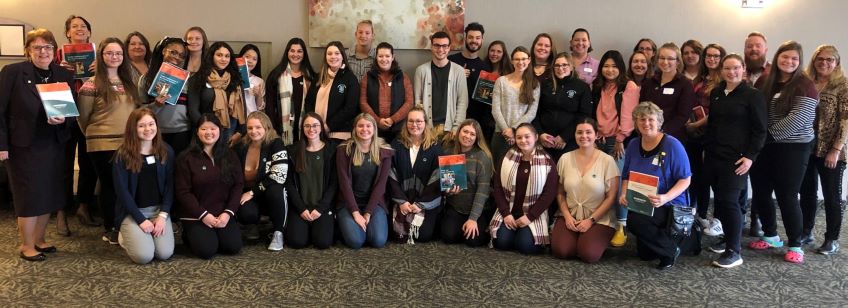

Social movements are grassroots, people-led change initiatives. This means it is essential for change agents, change teams and others to emerge as informal and formal leaders who engage in social movement thinking and actions. In this section, you will learn some roles emerging leaders play and the knowledge and skills needed to navigate change processes using social movement actions.
What is the key characteristic "Emerging leaders"?
As individuals engage in social movement, they become inspiring change agents or members of change teams who willingly take on informal and formal leadership roles. If there is enough organizational support and a high level of investment and involvement, they emerge as people who speak out about and address the shared concern or strongly desired change; they take steps as leaders to drive mobilized individual and collective action (Dementia Action Alliance, 2018; Kennedy et al., 2019; Tremblay et al., 2018).
Why is this key characteristic important?
Emerging change agents, change teams and others are essential to the development of a social movement. They:
- play a central role in shaping and influencing parts of the social movement, such as collaborating to determine the shared concern or strongly desired change, frame or position the movements’ message, and create and coordinate for individual and collective action (Tremblay et al., 2018);
- spark an interest in the social movement through their enthusiasm and commitment for the change. Emerging leaders seek and welcome others to the social movement; they support the sustainability of the critical mass needed for transformative change (Kennedy et al., 2019); and
- act as positive spokespersons or messengers for the social movement (Dementia Action Alliance, 2018).

Newly-minted RNAO Best Practice Champions and emerging leaders following a Level One Champions workshop in North Bay, Ontario hosted by BPSO Nipissing University (PHOTO: RNAO, 2019, Oct 25)
